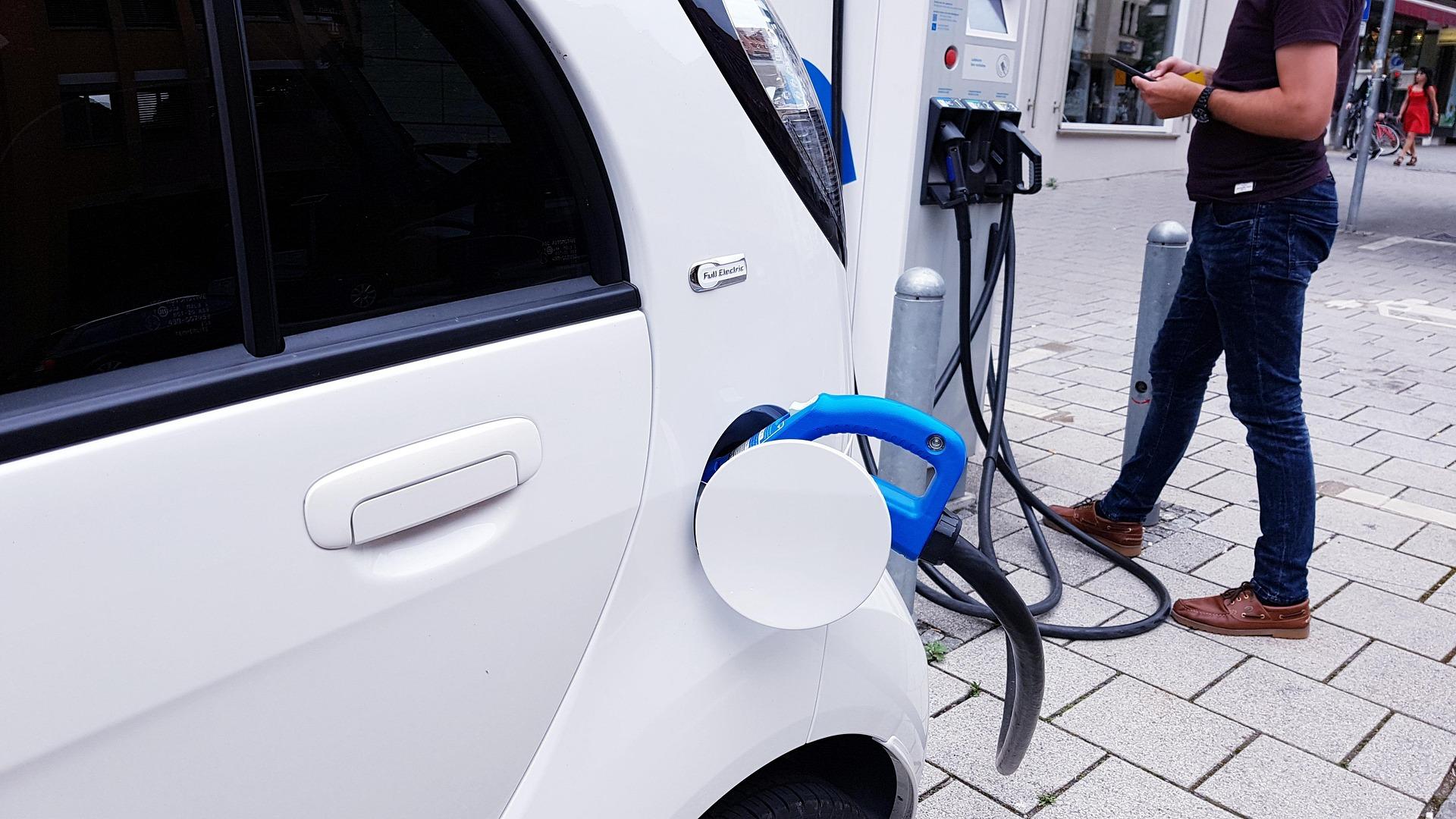
India's fast-growing electric vehicle (EV) industry is facing a serious crisis as China tightens its grip on the supply of critical components—specifically rare earth magnets used in EV motors. This strategic move by China has sent shockwaves through the Indian auto sector, potentially jeopardizing the future of domestic EV manufacturing.
According to a report by The Hindu Business Line, multiple two-wheeler and three-wheeler EV manufacturers in India now have only a few days' worth of rare earth magnets left in their inventories. These magnets are a vital component in electric motors, and without them, production could grind to a halt, forcing many manufacturing units to shut down.
Industry insiders highlight that the Indian government’s delay in disbursing funds under the Production-Linked Incentive (PLI) scheme and the Prime Minister’s Electric Drive Revolution—Innovative Vehicle Enhancement Program has worsened the situation. The lack of timely support from the government is adding pressure on EV companies that are already struggling with tight supply chains.
The timing couldn’t be worse. The festive season in India, which traditionally sees a surge in vehicle demand, is about to begin next month. This is typically when manufacturers offer attractive discounts to boost sales. However, due to the ongoing shortage of rare earth magnets and delays in government incentives, companies are finding it difficult to offer such discounts this year. Alternative sourcing of these critical magnets is extremely expensive, which would directly impact vehicle pricing.
As a result, there is a high possibility that EV prices may rise in the coming weeks. If this happens, it could severely affect consumer budgets and hurt festive season sales. At a time when the Indian automobile sector is already dealing with multiple challenges, this new crisis could slow down the EV revolution in the country.
Adding to the complexity, several companies have come under scrutiny for alleged misuse of subsidies under the FAME-II scheme. Firms like Hero Electric, Benling India, and Okinawa Autotech are under investigation, making the government more cautious in releasing new funds. This has further stalled progress in expanding EV infrastructure and production capacity.
In response to the emerging supply crisis, the Ministry of Heavy Industries has recently asked EV manufacturers to submit detailed reports of their current rare earth magnet inventories. This will help the government assess the gravity of the situation and take necessary action. However, the situation is already quite serious, as suppliers have warned that electric motors will not be available after July 31, 2025.
Importing these motors is also a costly affair, as they are subject to a 15% customs duty. To address this issue, the Society of Indian Automobile Manufacturers (SIAM) had requested the government last month to reduce this duty to 7.5%. Unfortunately, no decision has been made on this front so far.
The electric vehicle sector in India is poised for rapid growth and is seen as a key pillar of the country’s green transition. But the ongoing shortage of rare earth magnets and the delay in government support may significantly slow down this momentum. If timely solutions are not found, the industry could face production halts, rising costs, and a decline in consumer confidence.
This crisis calls for urgent collaboration between the government and the EV industry. Unless concrete steps are taken soon, the dream of an EV revolution in India may remain unfulfilled, and consumers might be forced to pay significantly more for electric vehicles in the near future.
The key question now is—will buying an EV soon become unaffordable for the common man? What’s your take on this unfolding crisis? Share your thoughts in the comments section. If you found this article informative, please like and share it. Keep following for more updates.




